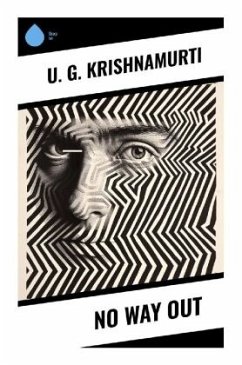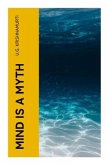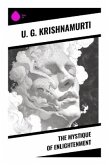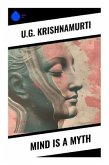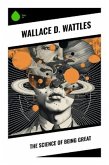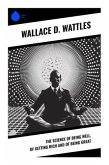In "No Way Out," U. G. Krishnamurti presents a provocative exploration of the human condition, challenging conventional wisdom regarding enlightenment and self-realization. Through a distinctive literary style that melds conversational candor with philosophical rigor, Krishnamurti articulates his radical views on existence and liberation from societal conditioning. The book is seminal in the context of Eastern philosophy and modern existential thought, offering readers a direct confrontation with the illusions of self, identity, and the quest for meaning, as it navigates through the intricacies of personal experience and inner transformation. U. G. Krishnamurti, a noted philosopher and intellectual maverick, was known for his unconventional approach to spirituality. Born in 1918 in India, he spent much of his life questioning the teachings of traditional spiritual figures and movements, ultimately arriving at his own unique perspective on life's existential dilemmas. His experiences, marked by a relentless search for truth and a rejection of established spiritual practices, informed the insights presented in this book, drawing from both Eastern traditions and Western outlooks. "No Way Out" is highly recommended for those seeking to transcend the boundaries of conventional thought and explore the depths of their own consciousness. Krishnamurti's incisive observations compel the reader to reflect deeply on their beliefs, making this book an essential read for thinkers, seekers, and anyone interested in the nature of self and reality.
Bitte wählen Sie Ihr Anliegen aus.
Rechnungen
Retourenschein anfordern
Bestellstatus
Storno

